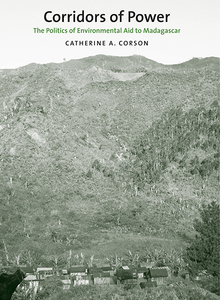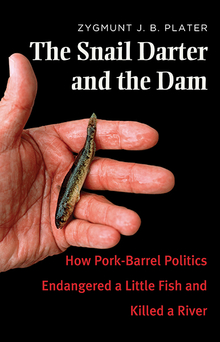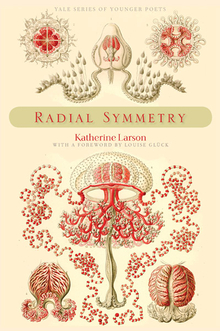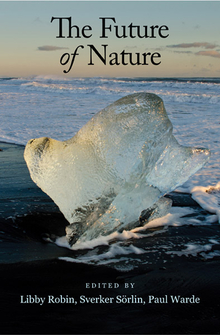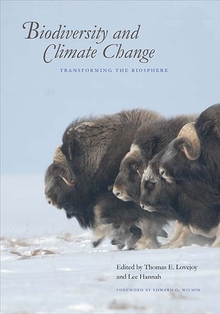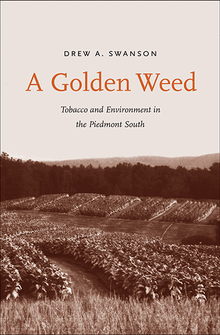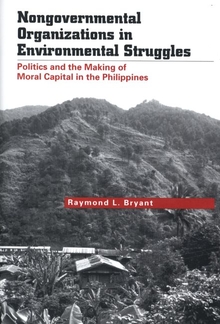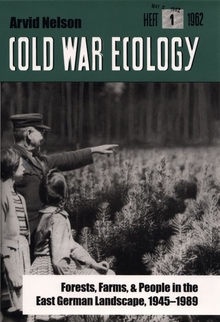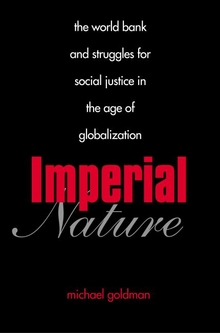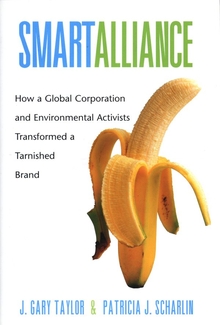Corridors of Power
WARNING
You are viewing an older version of the Yalebooks website. Please visit out new website with more updated information and a better user experience: https://www.yalebooks.com
The Politics of Environmental Aid to Madagascar
Catherine A. Corson
A highly regarded academic and former policy analyst and consultant charts the forty-year history of neoliberalism, environmental governance, and resource rights in Madagascar
Since the 1970s, the U.S. Agency for International Development has spent millions of dollars to preserve Madagascar’s rich biological diversity. Yet the island nation's habitats are still in decline. In this important ethnographic study, Catherine Corson illustrates how the effort to attract high-level political attention to conservation by isolating the environment in national parks and blaming impoverished Malagasy farmers has avoided challenging key drivers of Madagascar's deforestation.
Since the 1970s, the U.S. Agency for International Development has spent millions of dollars to preserve Madagascar’s rich biological diversity. Yet the island nation's habitats are still in decline. In this important ethnographic study, Catherine Corson illustrates how the effort to attract high-level political attention to conservation by isolating the environment in national parks and blaming impoverished Malagasy farmers has avoided challenging key drivers of Madagascar's deforestation.
Catherine A. Corson is the Leslie and Sarah Miller Director of the Center for the Environment and Miller Worley Associate Professor of Environmental Studies at Mount Holyoke College and has worked in the White House, United States Agency for International Development, United States Congress, and World Bank. She lives in Amherst, MA.
“An incisive and devastating account of the transnational politics of conservation. A must read!”—Michael Goldman, author of Imperial Nature: The World Bank and Struggles for Social Justice in the Age of Globalization
“Catherine Corson masterfully shows how a conjuncture of devoted people carrying diverse interests and operating with institutional constraints came together to focus American development aid in Madagascar on biodiversity in parks.”—Christian Kull, author of Isle of Fire: The Political Ecology of Landscape Burning in Madagascar
“Corson’s remarkable multi-sited ethnography exposes the narratives and power relations of neo-liberal conservation in one of the world’s most hotly-contested landscapes. As environmental politics intensify in an era of climate change and financialisation, this is vital reading for all concerned with the intertwined futures of Africa’s forests and people.”—Melissa Leach, University of Sussex
“Truly brilliant! Catherine Corson traces the environmental story in the one of the world’s most important biodiversity hotspots, showing how international and national power struggles undermined the well-meaning efforts of conservationists and donors, distorting sustainable development objectives in the country and ignoring the realities of peasant livelihoods. Personal insights from involvements in USAID, DFID, and numerous interactions in Madagascar and on Capitol Hill enliven this gripping account. It is a fascinating and well-documented read, brim-full of challenging perspectives for anyone engaged in trying to save the planet. It is indeed an important book.”—Sir Richard Jolly, Institute of Development Studies
“From the villages of rural Madagascar to the board rooms of conservation organisations in Washington DC, Corridors of Power traces the fascinating story of conservation in one of the world’s most biodiverse rich regions. Its rich ethnographic approach shows how knowledge and politics intertwine in the framing and practice of biodiversity conservation. This is a ‘must read’ book for anyone interested in conservation and development in Africa and beyond.”—Ian Scoones, author of Sustainable Livelihoods and Rural Development
“This is a highly original book, which makes a major contribution to our understandings of theoretical debates around neoliberalism, policy formation, and the roles of international actors. It provides a fascinating and in-depth analysis, and as such this book deserves to be widely read.”—Rosaleen Duffy, SOAS University London
"A must-read for anyone interested in Madagascar’s recent history, in the effects of USAID’s changing place in American politics, or in the complex processes of international conservationism."—Andrew Walsh, International Journal of African Historical Studies
“An important work that will be of interest to scholars and graduate students working not only on environmental issues in Madagascar, but also attempting to understand how international environmental policies are crafted and implemented.”—Thomas Anderson, Quarterly Review of Biology
ISBN: 9780300212273
Publication Date: August 23, 2016
Publication Date: August 23, 2016
336 pages, 6 1/8 x 9 1/4
18 b/w illus.
18 b/w illus.

